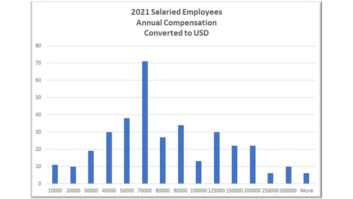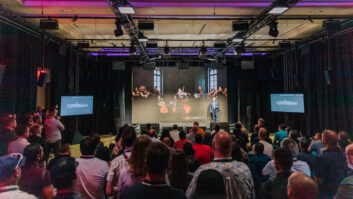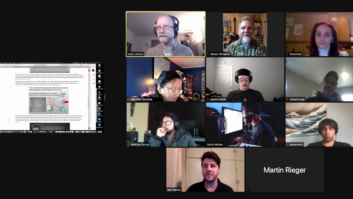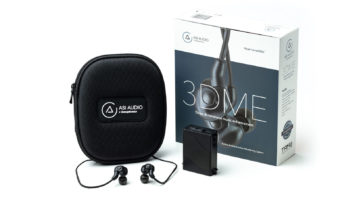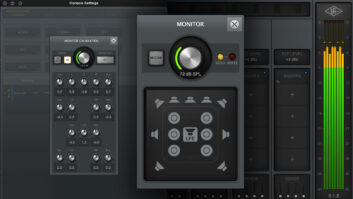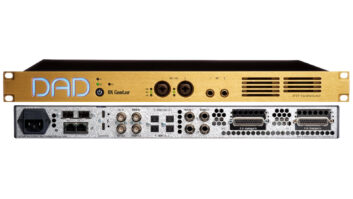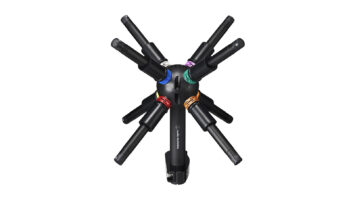
How much can I make in Game Audio? Do I need to go to college or can I rely on my musicianship and creativity? How much experience do I need? Is it better to freelance or work for a game company? Answers to these and other interesting questions regarding income opportunities for videogame composers and sound designers can be found in the new GameSoundCon report.
The 2016 survey ran from May 15 to June 30, 2016 and received close to 600 responses from game audio professionals. The report contains 17 pages of information, such as how many game audio pros are currently working on a Virtual Reality title, corresponding graphs, and remarks on the statistical validity of the GameSoundCon survey. Each year, the results of the GameSoundCon Audio Industry Survey are published in advance of the premier conference for videogame composers and sound designers.
The report covers compensation, work and environment, use of live musicians and middleware, contract terms, and education, plus an addendum on gender and game audio.
New questions for 2016 address:
- Total Compensation for Freelancers
- Correlation with experience/years in the industry
- Use of Union musicians and voice actors
- Income Breakdown by Gender
The report reveals that while salaried game audio employees make more on average than freelancers ($65,000 versus $42,000 per year), the highest salaries were obtained by freelancers. Experience and time spent working in the industry influence the income opportunities greatly for employees, and the same can be said for freelancers, even though their range of income varies much more.
In terms of freelancer compensation per project, Brian Schmidt, Executive Director of GameSoundCon, says that he was surprised to find a few indie games among the highest payers. “Per project fees varied tremendously, from a low of zero, to a high of over $250,000,” Schmidt says. “Large budget games, of course, dominate at the higher end, with Indie games clustered toward the low end. However, there are significant number of Indie games—self-funded, Kickstarter, etc.—with per project fees rivaling those of Professionally Produced small scale/casual games.”
The report also looks at the correlation between education and game audio employment; 72% of all surveyed have a bachelor’s degree or higher.
Income differences in between male and female respondents were reported. Schmidt is in the process of verifying the findings and, according to GameSoundCon, will issue an addendum in a blog post.
View the 2016 GameSoundCon Audio Industry Survey.
GameSoundCon opens its doors again in the Millennium Biltmore Hotel in Los Angeles on September 27-28.
Earlybird registration is available until August 31.
Find information about GameSoundCon at www.gamesoundcon.com.
